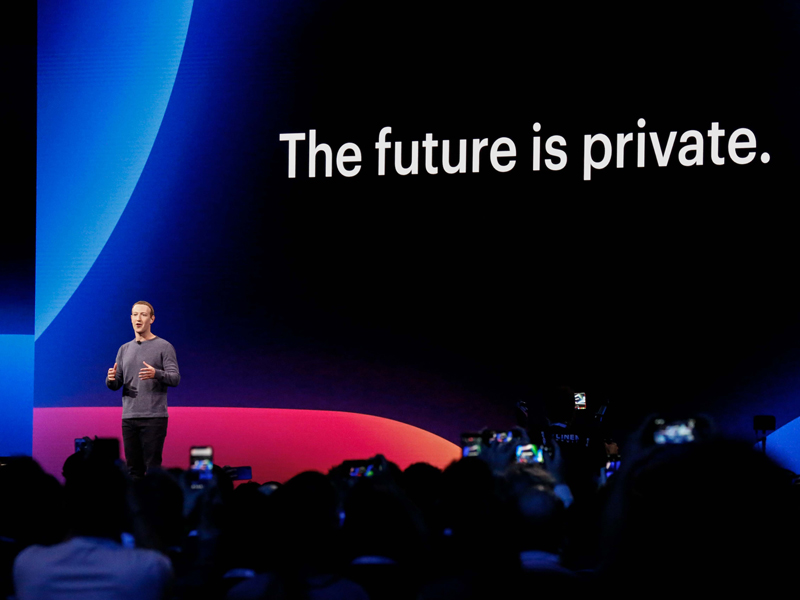Facebook grants users more control over how their data is shared
Facebook users will now be able to control whether websites and apps collect their data. The new feature will be rolled out globally in the coming months

Facebook has come under increasing pressure to improve privacy for its users and protect their personal data
On August 20, Facebook announced the release of a new tool that will allow users to prohibit third-parties from storing their personal data. Users will be able to view their ‘off-Facebook’ activity and choose to clear it – a significant concession from the social media giant following the Cambridge Analytica scandal. Users will also have the option to prevent Facebook from using their browsing history for personalised advertising.
It’s worth noting that Facebook will not be deleting data that third-parties have already collected. Instead, it’s disconnecting data from users’ personal information on Facebook. This means companies will be able to see that someone has visited their website, but not identify the person or sell their data on – a system akin to the browsing privacy afforded to VPN users.
Facebook will not be deleting data that third-parties have already collected. Instead, it’s disconnecting data from users’ personal information on Facebook
However, if a significant number of Facebook users disconnect their browsing data, this could put a dent in Facebook’s revenue. Targeted advertising is highly profitable for the company; in the second quarter of this year, Facebook made nearly $17bn from ad sales. Erin Egan, Chief Privacy Officer at Facebook, and David Baser, Director of Product Management, acknowledged in the announcement that the new feature could have “some impact” on the business.
This will, of course, depend on how many people make use of the tool. Few Facebook users actually know about the social network’s pre-existing privacy settings. Considering this, it seems unlikely that the majority will now take the initiative to disconnect their browsing data.
The feature will be rolled out in Ireland, South Korea and Spain before it is made available to users around the world. It’s a much-anticipated move from the social network, which has come under heavy criticism for its privacy practices.
While the new tool marks a step in the right direction, it is unlikely to satisfy the company’s critics. Many privacy advocates are calling for Facebook to not simply increase transparency around the data it gathers, but to stop data collection altogether.













